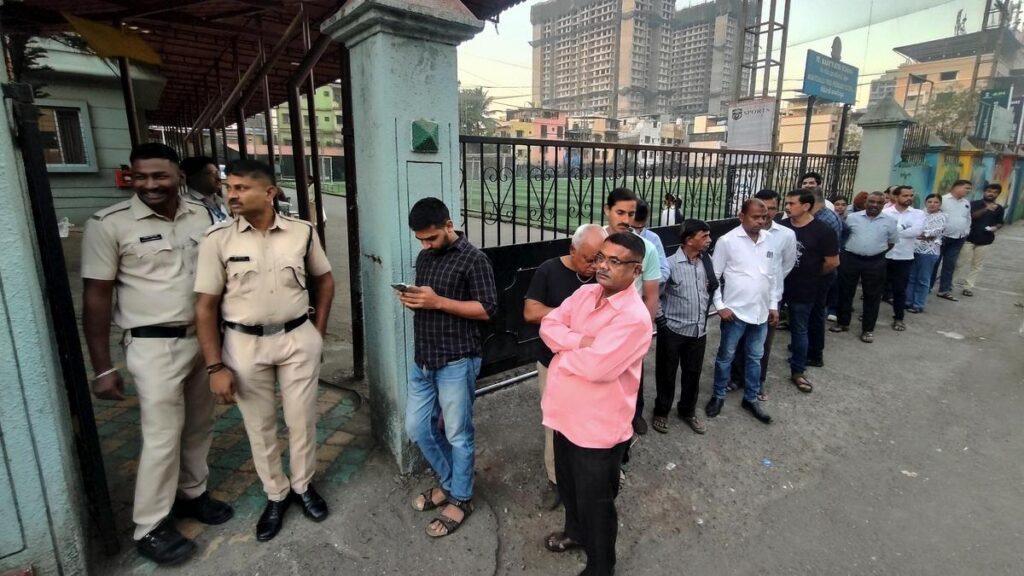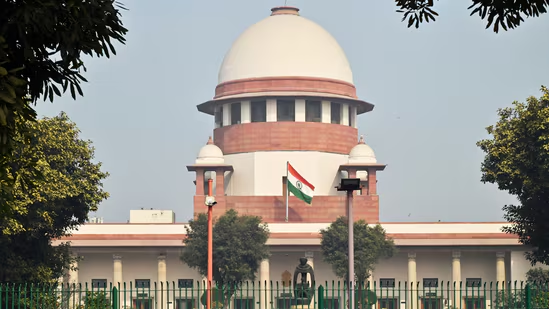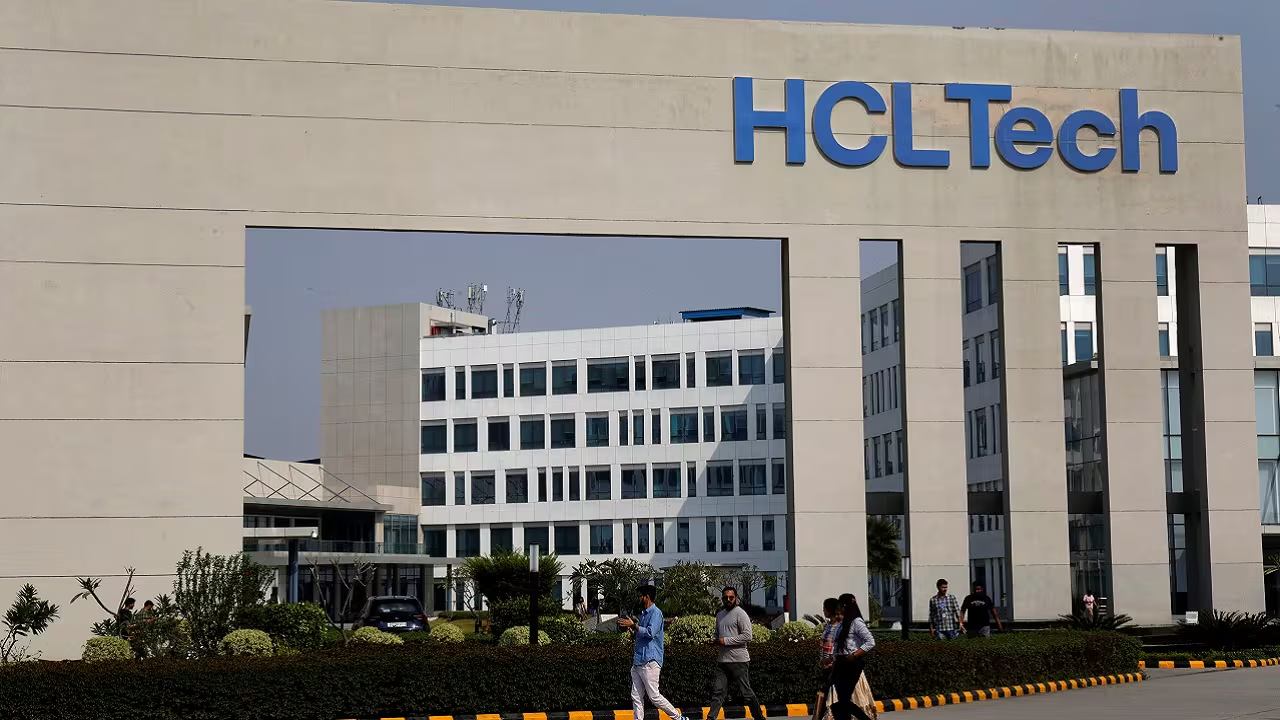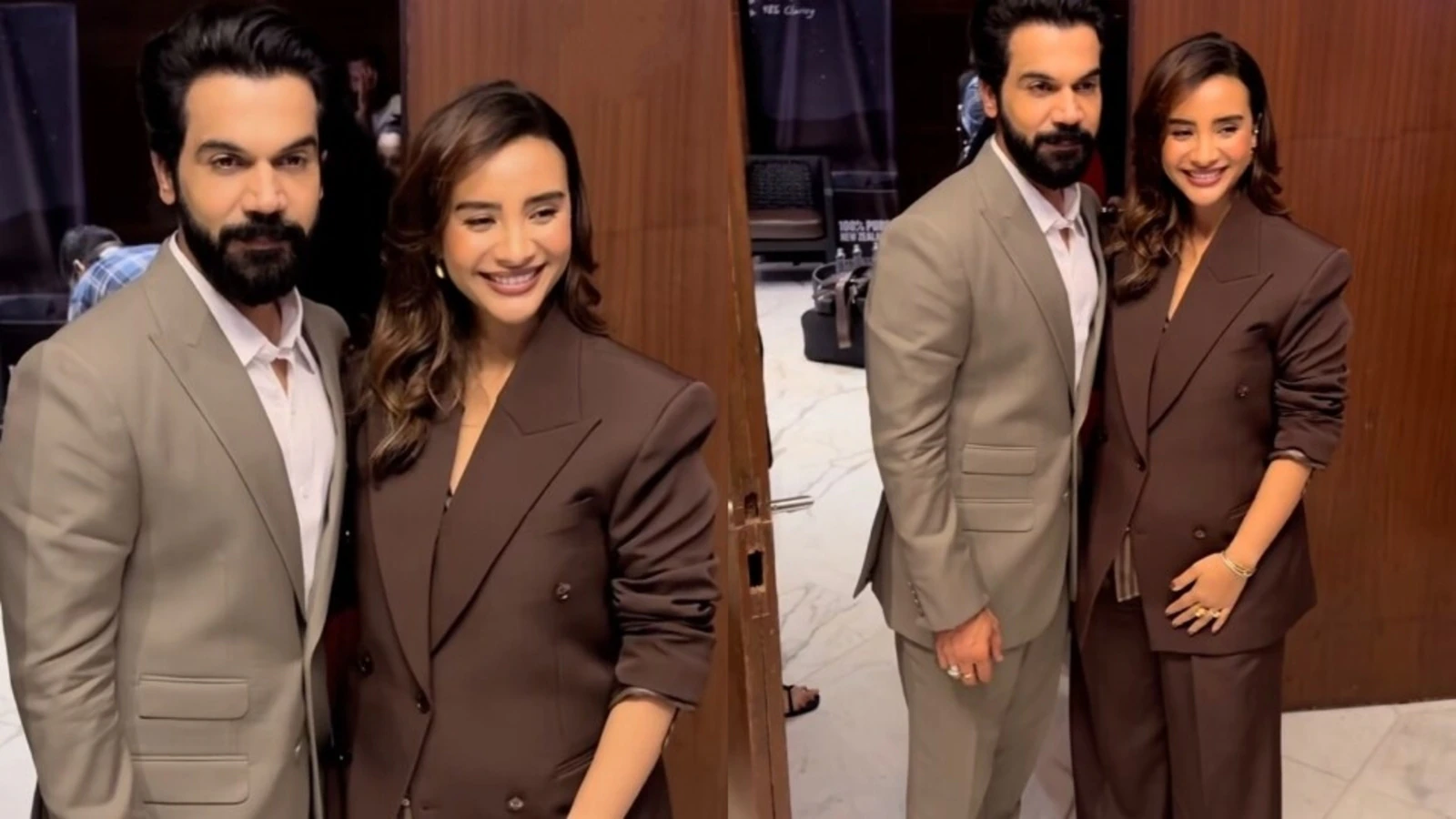Now Reading: MEA Criticises Punjab CM Mann’s Remark on PM Modi, Calls It Irresponsible
-
01
MEA Criticises Punjab CM Mann’s Remark on PM Modi, Calls It Irresponsible
MEA Criticises Punjab CM Mann’s Remark on PM Modi, Calls It Irresponsible
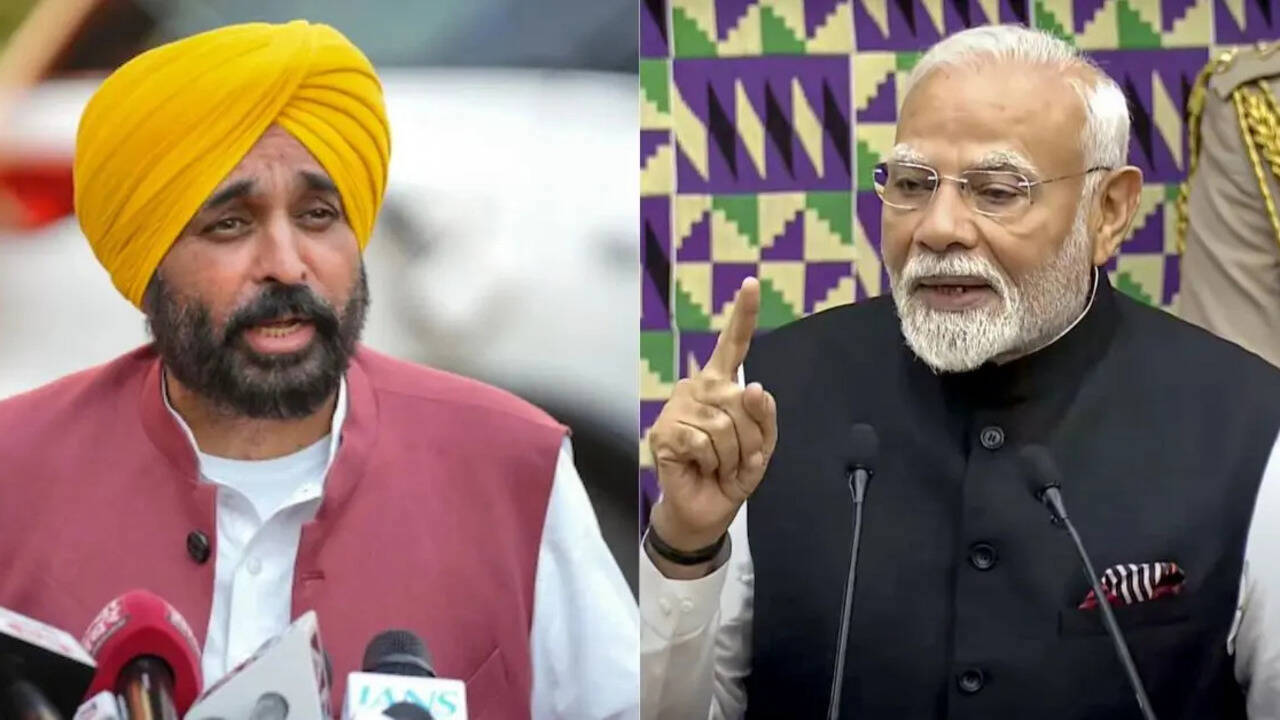
A political row has erupted after Punjab Chief Minister Bhagwant Mann made a controversial remark about Prime Minister Narendra Modi’s recent visits abroad. The Ministry of External Affairs (MEA) has strongly responded, calling Mann’s comments “irresponsible” and stating that such statements do not align with the responsibilities of a state leader. The development has sparked debate across political circles and social media.
What Triggered the MEA’s Reaction
Chief Minister Mann had questioned the intent and outcomes of PM Modi’s foreign visits, reportedly suggesting that they lacked visible benefit for the common citizen. His comment was widely circulated and quickly attracted attention at the national level.
In response, the MEA issued a sharp statement saying it “does not behove a state authority” to comment on matters of India’s foreign relations, which fall under the Centre’s jurisdiction. The ministry added that such remarks risk misrepresenting India’s global engagements and diplomatic priorities.
Centre-State Relations Under Spotlight
The incident has once again brought to light the sensitive nature of Centre-State relations in India’s federal structure. While criticism of central policies is common in a democracy, the MEA’s statement signals that international affairs are considered beyond the scope of state-level political commentary.
Analysts point out that public remarks by state leaders on foreign policy may set an unintended precedent, especially when global diplomacy requires a unified national voice.
Mixed Reactions from Political Leaders
Leaders from the ruling BJP have backed the MEA’s stance, stating that the Prime Minister’s visits are aimed at strengthening India’s global position and attracting investment. They criticised Mann for politicising foreign policy matters for short-term political gain.
On the other hand, supporters of the Aam Aadmi Party defended Mann, arguing that questioning government performance is part of democratic responsibility. They also claimed that citizens have the right to know the tangible outcomes of high-level international trips.
Relevance for Citizens in Tier 2 Cities
In smaller cities like Ludhiana, Patiala, and Jalandhar — where many families have NRI connections — such discussions carry added weight. Questions about the impact of foreign policy on trade, visas, and international cooperation are especially relevant for Punjab, given its global diaspora.
For many, the debate also highlights a larger issue: whether leaders at any level should speak more transparently about global affairs, or whether such commentary should remain within constitutional limits.
Conclusion
The clash between CM Bhagwant Mann and the MEA reflects a broader tension in Indian politics — balancing free expression with constitutional roles. While criticism is a vital part of democracy, diplomacy remains a sensitive area where unity often carries more value than confrontation. As discussions continue, it remains to be seen whether this episode sets new boundaries or opens the door for deeper dialogue on foreign policy accountability.








